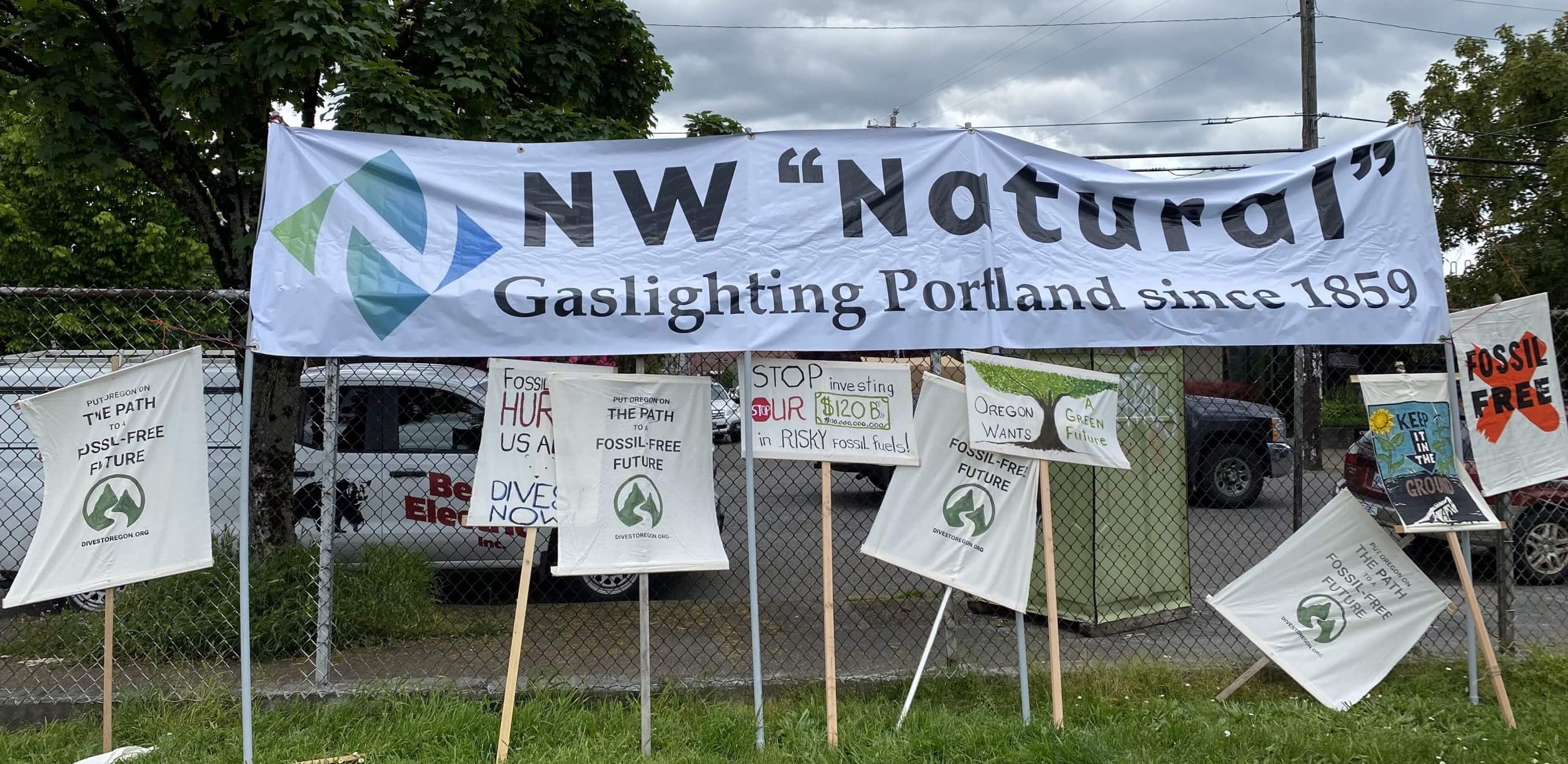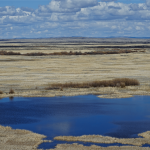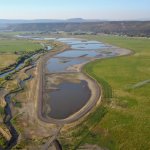No time to burn: let’s keep the future of gas short in Oregon
By: Nora Apter, the Climate Program Director for Oregon Environmental Council. Greer Ryan, Oregon Clean Buildings Policy Manager with Climate Solutions.
When it comes to global warming pollution, we’ve heard a lot about the dangers of too much carbon dioxide in the atmosphere. But did you know that methane, the primary ingredient in so-called “natural” gas, is approximately 86 times more potent than carbon dioxide at trapping heat in the atmosphere over a 20 year timeframe? Fossil “natural” gas is far from being the safe, clean product that gas utilities and fossil fuel companies claim. In reality, gas is not good for you or the planet. The gas used for heating buildings and cooking is an incredibly harmful greenhouse gas and a primary driver of the climate crisis.
According to the Intergovernmental Panel on Climate Change (IPCC), if we are to avoid catastrophic climate harms, we need to significantly cut methane pollution as quickly as possible. And those climate scientists also agree: we need meaningful action from every level of government if we are going to address the climate crisis in time.
Plus, every day there is more evidence that using methane gas indoors causes serious health harms, particularly for children and the elderly. Just last month, the American Medical Association recommended passing a resolution to inform doctors, health care providers, and the public that cooking with gas increases household air pollution and the risk of childhood asthma. A Harvard study found that gas stoves release cancer-causing chemicals, among other harmful air pollutants. And just last week, a large gas leak in Vancouver, Washington caused “dangerously high levels” of gas, requiring nearly 100 people to evacuate their homes. Seems like we should stop burning this stuff for many reasons—from the personal impact to the planetary one.
The IPCC’s recommendation? Cut methane pollution by one-third by 2030.
So how do we get off of methane gas? One key step is making sure we don’t invest in choices that will keep it around longer. This will require a rapid and equitable reduction in gas use in buildings where people live and work.
One key opportunity our state regulators have to address harmful gas use in Oregon is through the development of the Oregon Public Utility Commission’s (OPUC) “Future of Gas” report (UM 2178). As we previously shared, this process was intended to figure out how to protect customers and reduce health risks as gas utilities work to meet state climate pollution reduction requirements.
After significant public input, utility modeling, and guidance from the Regulatory Assistance Project in late 2021, we were hopeful that the OPUC would release robust recommendations to ensure a holistic and equitable transition off methane gas in Oregon’s economy.
Unfortunately, the OPUC missed the mark with their draft report – by a long shot. The draft report failed:
- to adequately acknowledge the urgent need to transition off methane gas;
- to provide meaningful recommendations to regulate gas utilities in the short and long term; and
- to take into account the voices of the public.
In response to this draft report, Climate Solutions and Oregon Environmental Council submitted joint comments with nearly 30 other climate, environmental, and energy justice organizations to demand the OPUC make significant improvements to the final report. In these comments we asked the OPUC to:
- End subsidies for fossil fuels. Specifically, eliminating incentives for the expansion of gas infrastructure through the rapid phase-out of gas line extension allowances. This subsidy funds extending existing gas pipelines as well as new construction.
- Expand programs to support a just clean energy transition. We need robust weatherization, energy efficiency, and affordability programs that support all Oregonians in a transition off gas, with a priority for low-income and environmental justice communities.
- Act with urgency and avoid risky investments. We must invest in solutions we know will help support this transition – not risky investments that double down on gas infrastructure and risk leaving customers footing the bill.
So what’s next? The OPUC will hold a public hearing on July 12 at 5:30 pm to hear additional public input. They will release a final report in August, hopefully with the OPUC strengthening the recommendations.
We need the OPUC to act now to prevent Oregonians from footing the bill for risky gas investments – and to avoid the worst harms of the climate crisis. The OPUC also must manage the electrification transition so that renters and people living on low incomes in Oregon are able to switch to highly-efficient electric appliances like heat pumps, water heaters, and stoves quickly.
More and more states and cities are taking steps to move off gas in new and existing buildings. With climate and health impacts close to all of us, the future of gas needs to be a short one, whether gas utilities like it or not. Now, it’s time that the OPUC listens to the public instead of corporate interests, protects families from dangerous, expensive and harmful gas in homes, and considers the future of a liveable planet for all.
Sign up to testify at the virtual hearing on July 12 at 5:30 pm by emailing puc.publicmeetings@puc.oregon.gov. Put “UM 2178 at 5:30” in the subject line and request the opportunity to speak. Sign up early to ensure your ability to speak and be heard!











